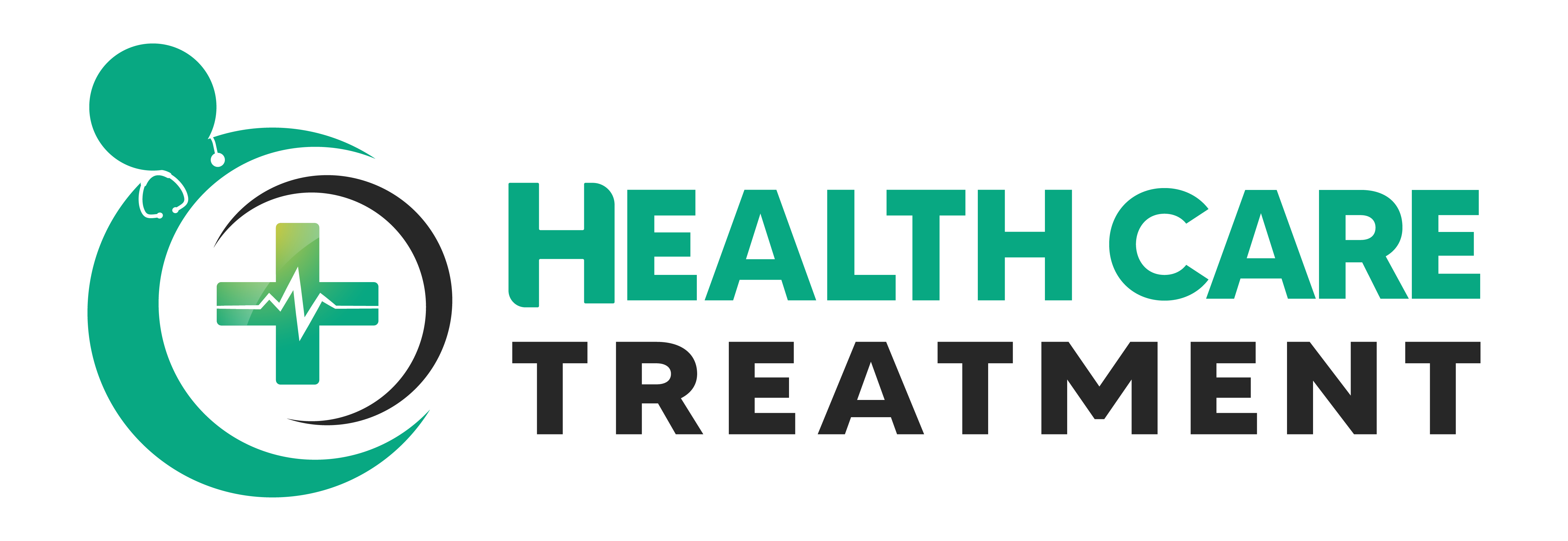Sleep apnoea affects thousands of Australians, often without them even knowing it. It disrupts sleep quality, reduces oxygen flow, and can have long-term effects on health. While CPAP machines are a common treatment, not everyone finds them comfortable or convenient.
That’s where a dental appliance for sleep apnea can be a game-changing alternative.
Understanding Sleep Apnoea
Sleep apnea is a condition where breathing repeatedly stops and starts during sleep. The most common form, obstructive sleep apnea (OSA), occurs when throat muscles intermittently relax and block the airway. This can lead to loud snoring, fatigue during the day, and even serious health issues such as high blood pressure or heart disease if left untreated.
What Is a Dental Appliance?
A dental appliance, also known as a mandibular advancement device (MAD), is a custom-fitted mouthguard worn during sleep. It gently shifts the lower jaw forward, helping to keep the airway open. These devices are discreet, portable, and generally easier to use than bulky CPAP machines, especially for mild to moderate cases of sleep apnea.
Who Can Benefit?
Not everyone is suited for a dental appliance, but it’s particularly effective for people who:
- Have mild to moderate obstructive sleep apnoea
- Struggle to adapt to CPAP machines
- Prefer a non-invasive and portable solution
- Snore heavily without full apnoea episodes
Before moving forward with a device, a proper diagnosis and consultation with a sleep specialist and a qualified dentist are essential.
The Role of Dentists in Sleep Apnoea Treatment
Dentists trained in sleep medicine play a critical role in the treatment of apnoea using oral appliances. They assess the jaw alignment, customise the device, and provide follow-up care to ensure the treatment is effective and comfortable. Some clinics offer integrated dental health services that include sleep apnea screening alongside routine care, making early detection more accessible.
Benefits Beyond Sleep
While the primary aim is better sleep, the effects of using a dental appliance often extend further. Improved energy levels, clearer mental focus, reduced snoring, and even lower blood pressure have been reported. Quality sleep impacts almost every area of health, so addressing apnea is more than just a nighttime concern.
If CPAP isn’t working for you, or you’re looking for a more convenient solution, a dental appliance for sleep apnea might be worth exploring. With the right guidance and a custom fit, it could provide significant relief and help you reclaim restful, uninterrupted sleep.

